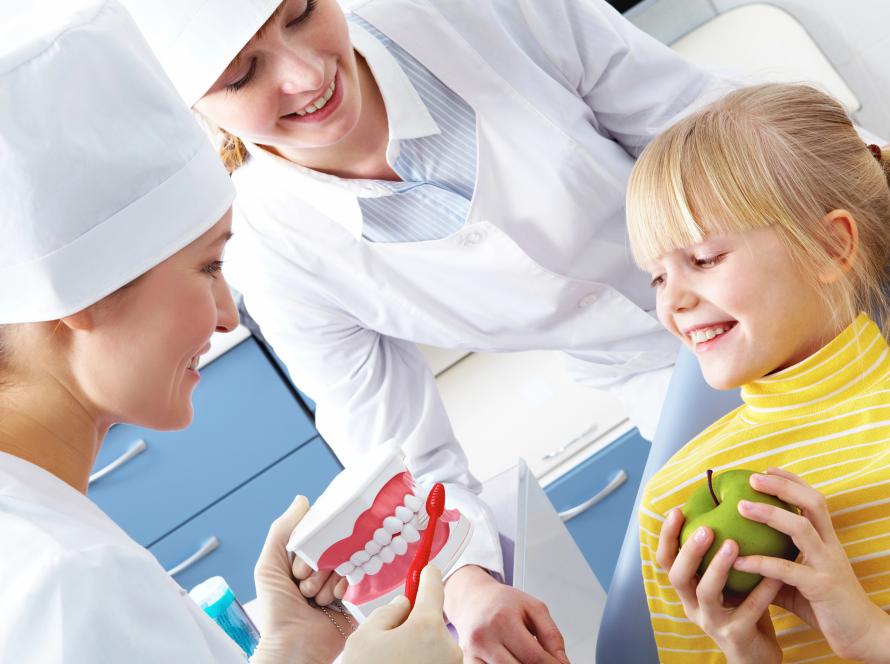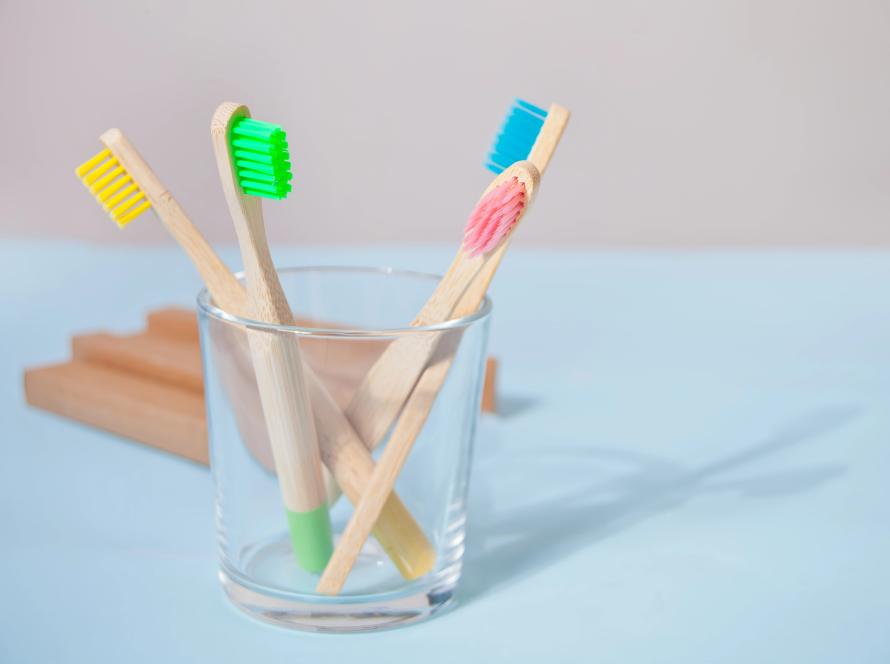When packing suitcases, buying sunscreen, and planning fun activities, the last thing on your mind as a parent is a dental emergency. Yet, these unexpected issues can occur anywhere, even on vacation. Responding to a child’s dental emergency can significantly save a tooth and ensure your kid’s oral health is not compromised. Here’s what every parent should know about handling a kid’s dental emergencies while away from home.
Understanding Kids’ Dental Emergencies
Dental emergencies can be frightening for parents and children, especially in an unfamiliar place. The most common dental emergencies involving kids include toothaches, knocked-out (permanent or baby) teeth, chipped or broken teeth, and bitten lips or cheeks.
Being well prepared and knowing how to react can help reduce fear and anxiety and increase the chances of a positive outcome.
What Counts as a Dental Emergency?
A kid’s dental emergency refers to any situation that demands immediate attention to save a tooth, stop ongoing tissue bleeding, or alleviate severe pain. Some common scenarios include:
- Severe Toothache: Pain that doesn’t subside with over-the-counter pain relief could signal an infection or an abscess.
- Knocked-Out Tooth: Time is of the essence; a permanent tooth that has been knocked out must be re-implanted within an hour for the best chance of survival.
- Chipped or Broken Teeth: If a large piece of tooth breaks off or is fractured, it’s considered a dental emergency.
- Injuries to Soft Tissues: Any injury to the gums, tongue, or cheeks that results in bleeding may require emergency care.
Preparing for Dental Emergencies on Vacation
Before you embark on your vacation, take some proactive steps to prepare for any potential dental emergencies.
Find a Children’s Dentist at Your Destination
Do some research to identify a children’s dentist or an emergency dental clinic near your vacation spot. Having contact information on hand can save precious time in an emergency.
Pack a Dental Emergency Kit
Create a small dental emergency kit to take with you. Include items such as:
- Gauze
- Oral pain reliever
- A small container with a lid
- Your child’s dental records or a summary
- Contact information for your regular children’s dentist
How to Handle Specific Dental Emergencies
Knowing what to do if a dental emergency arises can be crucial. Here’s a guide on how to handle the most common emergencies.
Toothaches
Toothaches can be caused by various issues, from cavities to food lodged between teeth.
- What to do: Rinse the mouth with warm water or salt water and use dental floss to remove any food trapped between teeth. If the pain persists, contact a dentist.
Knocked-Out Tooth
If your child knocks out a permanent tooth, acting quickly is essential.
- What to do: Find and handle the tooth by the crown. Avoid touching the root. If the tooth seems to be dirty, gently rinse it with milk or water. Do not scrub it or use soap. Try reinserting the tooth into the socket. If that is not a possibility, place the tooth (or teeth) in a container of milk or your child’s saliva. Immediately seek dental treatment.
Chipped or Broken Teeth
If not treated, a chipped or broken tooth can cause pain and further damage.
- What to do: Save any pieces of the tooth. Rinse your child’s mouth and any broken pieces with warm water. Apply a cold compress to the face to keep swelling down, and seek immediate dental care.
Bitten Lip or Cheek
If your child bites their lip or cheek hard enough to cause significant bleeding, it’s important to act.
- What to do: Clean the area gently with water and apply a cold compress. If bleeding doesn’t stop after a short time, seek medical attention.
After the Emergency: Follow-Up Care
After any dental emergency, following up with your child’s regular dentist is important. Even if the immediate problem has been resolved, your child may need additional treatment or observation to ensure optimal oral health.
Scheduling a Follow-Up Appointment
Once you’re back from vacation, schedule a follow-up appointment with your child’s regular dentist. They will be able to assess whether further treatment is needed and check on the healing process. It is also beneficial if your children’s dentist also offers emergency dentistry treatments for kids.
Monitoring for Potential Issues
After the emergency, monitor your child’s oral health. Look for signs of infection, like swelling or fever, and report any concerns to your dentist.
Prevention Tips for Future Vacations
While you can’t predict when a dental emergency will happen, you can take steps to prevent it.
Maintain Good Oral Hygiene on Vacation
Encourage your child to maintain regular oral hygiene practices such as brushing and flossing while on vacation. This can help prevent toothaches and other issues from developing.
Use Protective Gear During Activities
If your vacation involves sports or physical activities, ensure your child wears a mouthguard. This simple piece of equipment can protect against knocked-out or broken teeth.
Avoid Hard Foods and Candies
Hard foods or candies and chewing on ice should be discouraged to avoid a chipped tooth.
Be Prepared and Stay Calm
A dental emergency on vacation can be stressful, but by being prepared and knowing what to do, you can handle the situation effectively. Remember to stay calm, act quickly, and follow up with your child’s dentist once you’re back home.
With the right preparation and response, you can turn a potentially upsetting experience into just another vacation story. Keep this guide in mind, and you’ll be ready to tackle any dental emergencies that come your way, ensuring your child’s smile stays bright long after the vacation is over.
For more information on kid’s dental services and kid’s oral care, contact Toronto Kids Dental!


